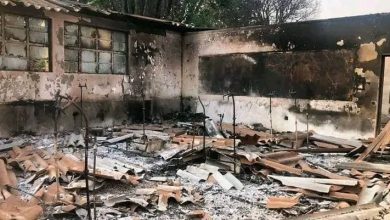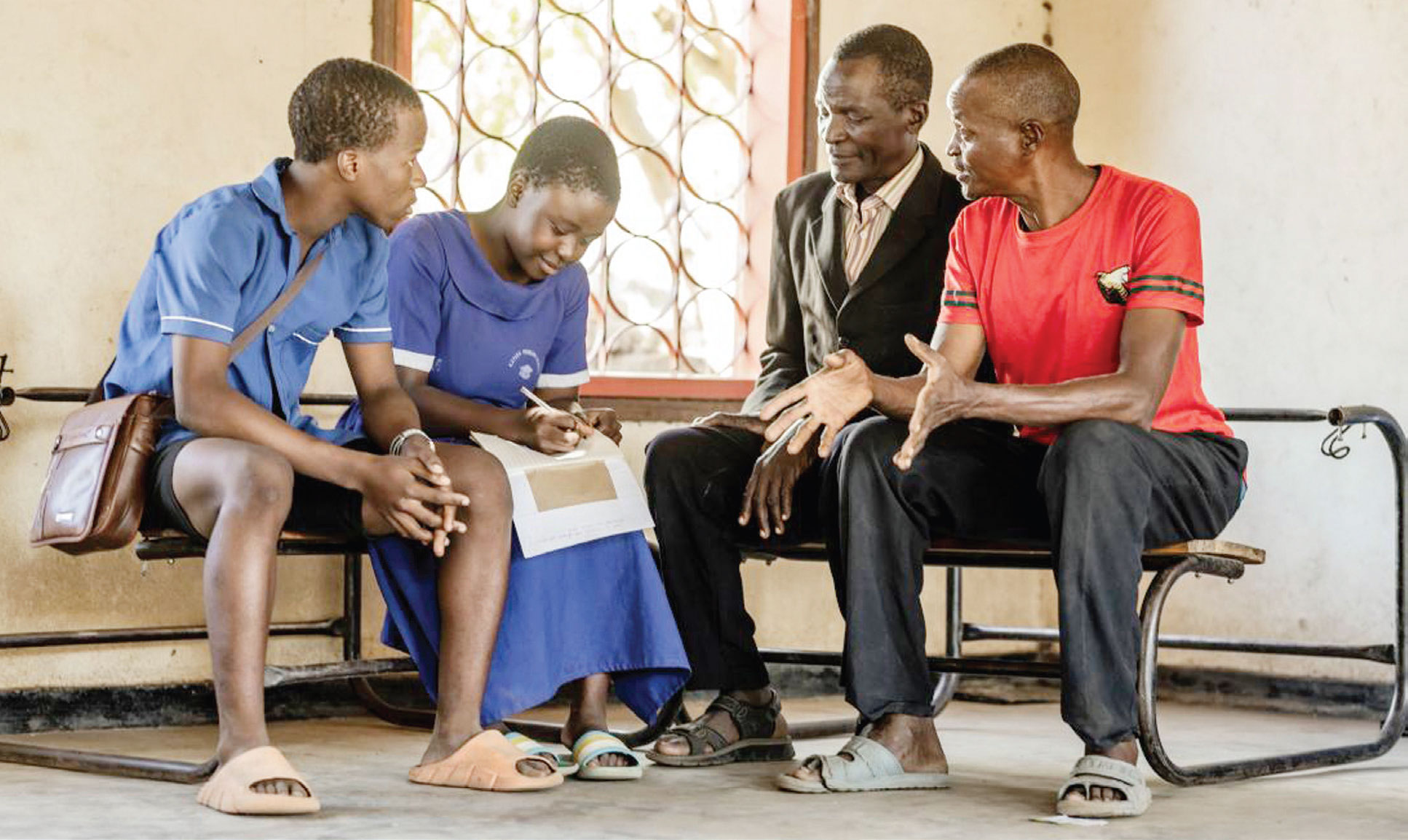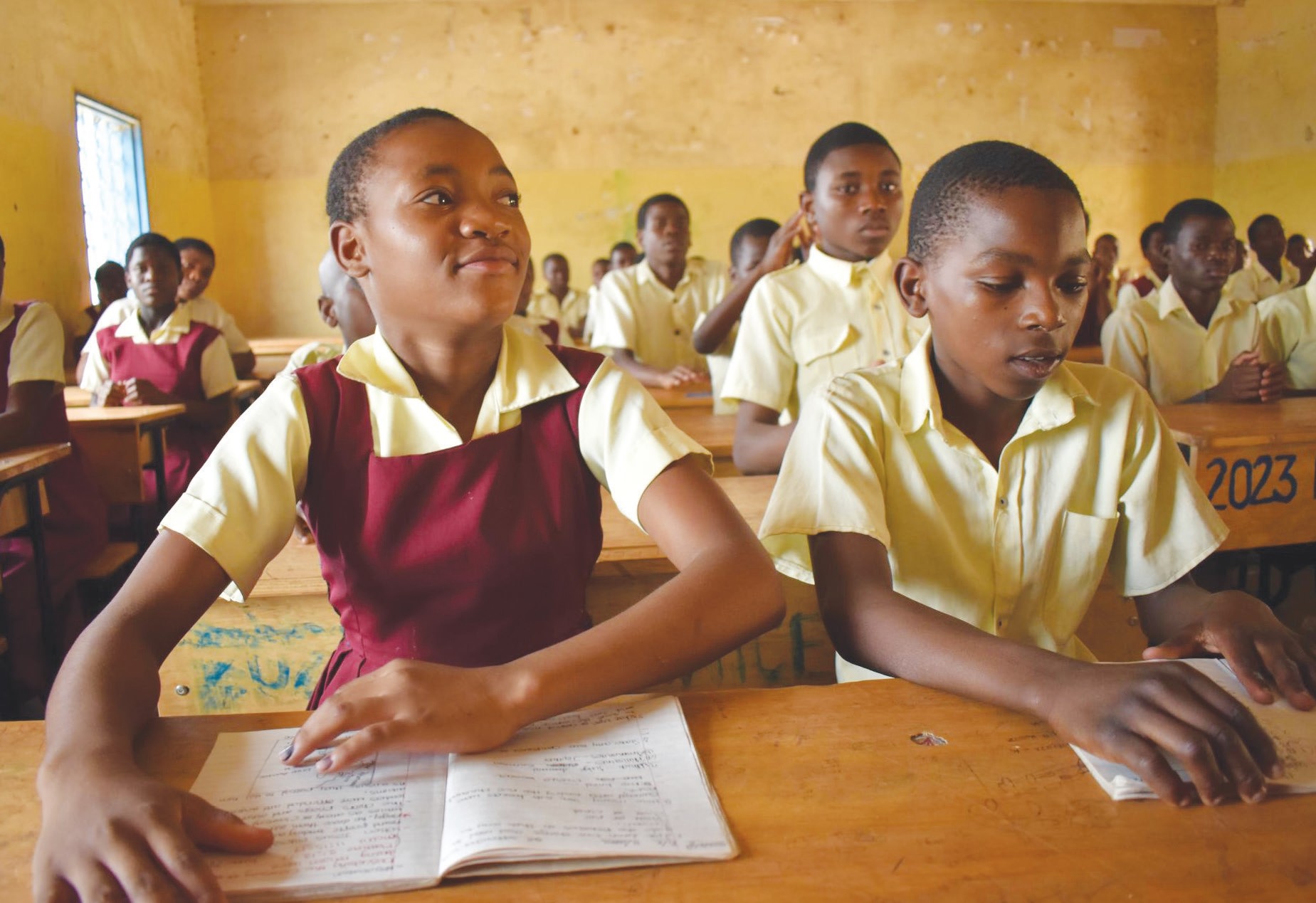Improving literacy in lower primary school
Daniel Matchipisa dropped out in Standard Five in 2012. The former pupil of Kantchito Primary School in Traditional Authority (T/A) Kamenyagwaza, Dedza is illiterate. He cannot read or write.
Surprisingly, Talandira, a Standard One pupil at the same school, is able to read. That is the difference that Strengthening Early Grade Reading in Malawi (Segrem) has brought not only to Dedza but also primary schools in Mchinji and Chiradzulu.

Segrem aims at speeding up pupils learning ability to read and write as early as Standard One.
The project, which is being funded by United States Agency for International Development (Usaid) and is being implemented by Malawi Institute of Education (MIE) and Creative Centre for Community Mobilization (Creccom), started early this year and will end in September 2017.
A Standard One teacher at Kantchito Primary School, Jonathan Mmenyanga, says the impact of the Segrem approach of teaching can be felt already.
He explains: “Our job of teaching pupils how to read and write has been made easy because Segrem has brought good techniques on how we can do our job. In the past, it was hard for pupils to say the alphabet but now they are easily pronouncing the letters because of the techniques which we have learnt through Segrem.”
Part of the changes that Segrem has brought include use of same lesson plan by teachers who teach similar subjects in the programme’s targeted classes of Standard One and Two.
Primary education adviser for Bembeke Zone in Dedza, Tasauka Mussa, said in the past teachers would prepare individual lesson plans.
“This created many problems. For example, if a Standard One Chichewa teacher fell ill, it was not easy for another teacher to take over the class.
Now, the Malawi Institute of Education has already prepared and published a lesson plan under this project which any teacher can use. This means what Standard One pupils are learning today in Dedza, it is the same thing pupils in Chiradzulu and Mchinji are learning.”
The project also pays attention to how teachers pronounce letters of the alphabet when teaching.
Mmenyanga says previously, he would take only one or two days to finish teaching pupils how to pronounce a word but now it takes longer.
“This in part helps ensure effectiveness and efficiency in our teaching, according to the Segrem training,” he says.
The project which only applies to Chichewa and English Language subjects has also helped improve pupils’ skills in sentence construction.
Mussa says most Standard One pupils in his zone are able to construct good sentences.
Segrem communications officer Maclean Simika says the project targets 519 schools in the three districts involved. He says the project is not leaving out community leaders and their subjects because they have a crucial role to play in its success.
In fact, most communities now have village reading centres (VRCs) as a result of the project.
Simika says: “We want to ensure that learning is a continuous process among the pupils. We are working together with the communities in running these VRCs. Each village has a volunteer literacy assistant from within the village who is in-charge of the centre and is tasked to help the learners read.”
MIE language specialist Samson Khondiwa says pupils’ performance in Dedza has improved impressively and he is hopeful that by the end of the project, many pupils will be able to read and write before reaching Standard Two.
“The project has just started, but it is evident that pupils are already benefitting. It is my hope that unlike in the past when pupils could read and write in Standard Four, now pupils will be able to do that in Standard One,” says Khondiwa.





